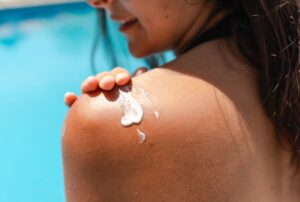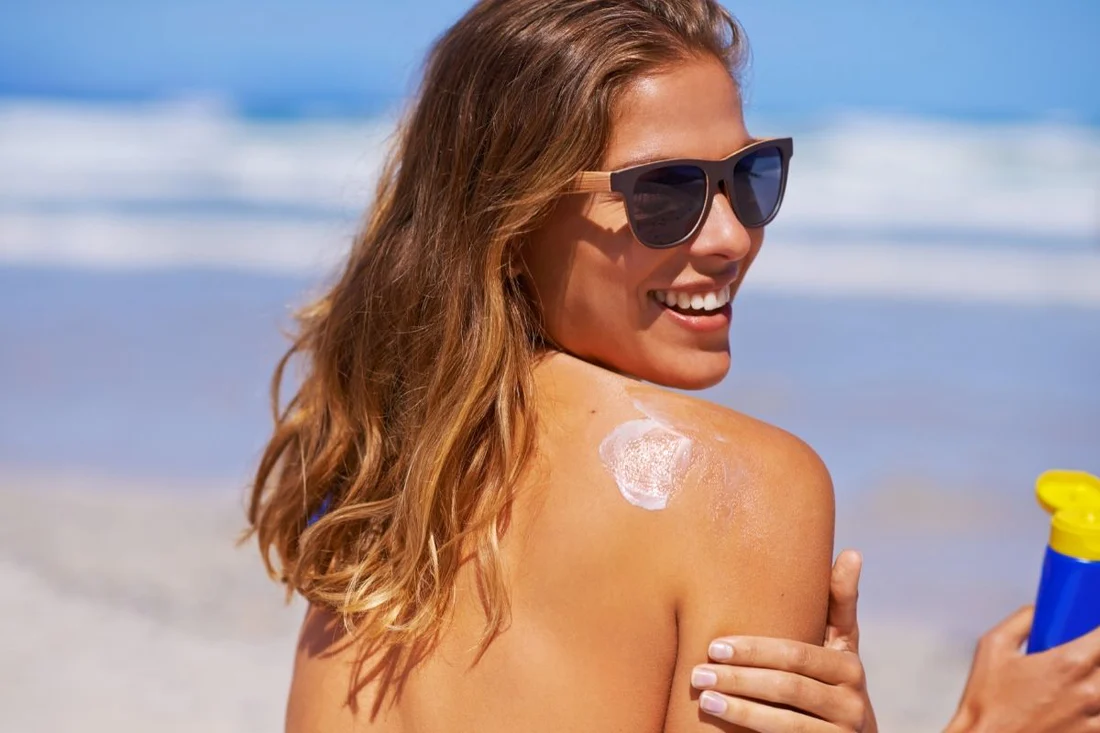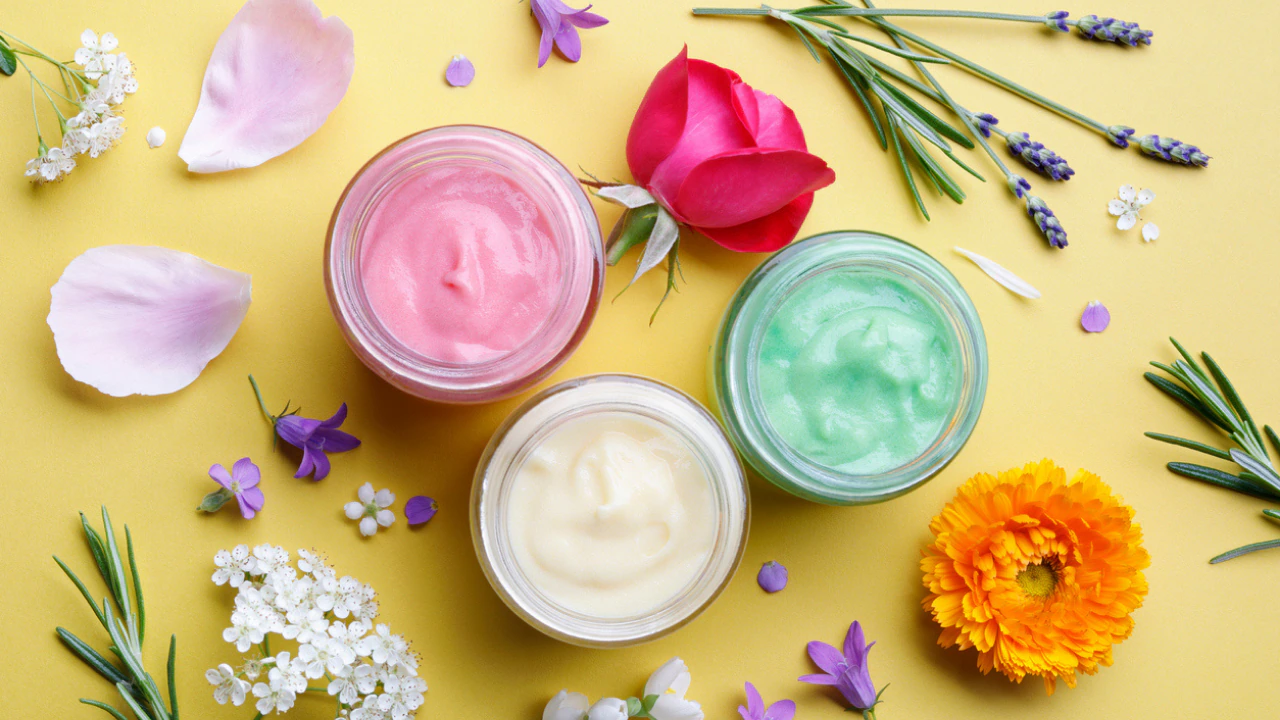Sunlight is good for us in small amounts, gives us vitamin D, and makes us feel happy. But too much sun can burn our skin, cause early aging, and even lead to skin cancer. Instead of using chemical sunscreens, more people are going natural for safer skin protection.
What does naturally skin protect from the Sun? here is the best solution: this article will guide you through the safest, most effective options naturally.
Why Natural Sun Protection Matters
Most store-bought sunscreens use strong chemicals such as oxybenzone and octinoxate. While they do protect against the sun, they can also affect your hormones and damage the environment.
Natural sun protectors are better because they work with your body and don’t contain any toxic ingredients.
A lot of people with sensitive skin get rashes or pimples from the harsh chemicals in regular sunscreens. That’s why natural sun protection is a better choice, it’s softer on your skin and better for the Earth. It’s not just a trend anymore; it’s something many people truly need.
Naturally Skin Protect From the Sun: Here is the Best Solution
Real natural sun protection isn’t about using just one product. It’s a smart mix of lifestyle, diet, and nature’s best tools. Let’s see what works:
1. Zinc Oxide and Titanium Dioxide (Mineral-Based Sunscreens)
Unlike chemical sunscreens, physical ones stay on your skin’s surface and reflect harmful rays. They protect against both UVA and UVB rays. Zinc oxide is ideal for sensitive skin, babies, and those who want reef-friendly sun protection.
Even though these minerals aren’t from within the body, they occur naturally and are non-toxic. They’re perfect for spending long hours outdoors.
2. Antioxidant-Rich Foods
Did you know that some foods can help protect your skin, like sunscreen? While they can’t replace sunscreen, eating foods full of antioxidants can boost your skin’s defense from the inside.
Some of the best foods include:
-
Tomatoes – Rich in lycopene, which protects against sunburn.
-
Carrots – High in beta-carotene, known to reduce skin sensitivity to the sun.
-
Green Tea – Packed with polyphenols, which may help repair UV damage.
-
Berries – Loaded with Vitamin C and flavonoids, reducing oxidative stress.
Adding these to your daily meals will not only improve your overall health but also boost your skin’s protection.
3. Coconut Oil & Natural Oils (Limited Use)
Coconut oil, raspberry seed oil, and carrot seed oil are sometimes called natural sunscreens. They provide a small SPF (usually between 4 and 8), helping to slightly reduce UV rays.
Whenever possible, try to stay in the shade from 10 a.m. to 4 p.m. when the sun is at its peak. Even just a short time in the shade can help reduce your sun exposure.

4. Clothing and Shade
The first thing you should do to protect yourself from the sun is use physical protection. Lightweight, long-sleeved clothes made from tightly woven fabric can block many UV rays. Don’t forget a wide-brimmed hat and UV-protective sunglasses, they’re essential too.
Whenever possible, stay in the shade between 10 a.m. and 4 p.m. when the sun’s rays are strongest. Even a quick break in the shade can lower your sun exposure a lot.
5. Supplements for Sun Resilience
Certain natural supplements can help your skin deal with UV rays:
-
Astaxanthin: A powerful antioxidant from microalgae, known as “nature’s sunscreen.”
-
Omega-3 fatty acids: Found in fish oil or flaxseed, they help reduce sunburn-related inflammation.
-
Vitamin E and C: These vitamins work together to protect your skin from damage.
As with any supplement, be sure to consult with your healthcare provider before trying something new.
Building a Natural Sun Protection Routine
Protecting your skin naturally isn’t only about oils and hats. It’s about a balanced approach with skincare, nutrition, and lifestyle changes. Here’s a simple routine you can follow:
-
Morning: Start your day by applying a natural mineral sunscreen after your skincare routine.
-
Throughout the Day: Wear protective clothing and reapply sunscreen every 2 hours.
-
Diet: Eat foods high in antioxidants to support your skin.
-
Hydration: Drink water and herbal teas to keep your skin resilient and hydrated.
-
Supplementation: Add nutrients like astaxanthin and omega-3s for extra sun protection if needed.
Natural sun care is more than a routine—it’s a lifestyle change that brings your health in harmony with nature.
FAQs
1. Can natural sunscreens protect against UV rays?
Yes, mineral sunscreens like zinc oxide offer broad-spectrum protection and are approved by dermatologists for effective UV defense.
2. Is it safe to use coconut oil as sunscreen?
Coconut oil offers very minimal protection and should not replace sunscreen. It’s best used alongside other methods.
3. How often should I reapply natural sunscreen?
Every two hours, or immediately after swimming or sweating, just like with conventional sunscreens.
4. Can diet alone protect me from sun damage?
While antioxidant-rich diets support your skin’s natural defenses, they cannot replace topical sun protection.
5. What’s the best time to avoid sun exposure?
Between 10 a.m. and 4 p.m., when UV radiation is at its peak. During these hours, use extra caution.

Expert Editorial Comments
If you’ve ever asked, “What does naturally protect skin from the sun?” now you have the best solution. A balanced approach that combines internal care with external protection helps your skin thrive, even in the harsh summer sun.
Natural solutions not only reduce health risks but also promote lasting wellness. Protecting your skin doesn’t have to involve harsh chemicals. Nature has everything we need if we make the right choices.


